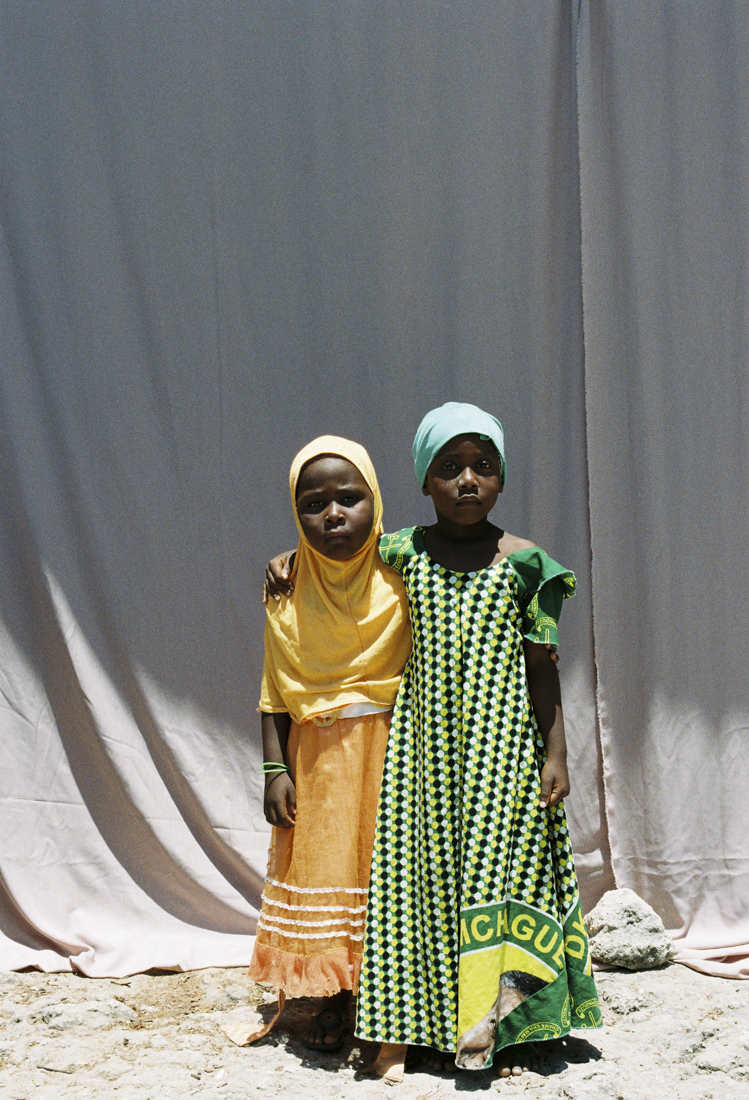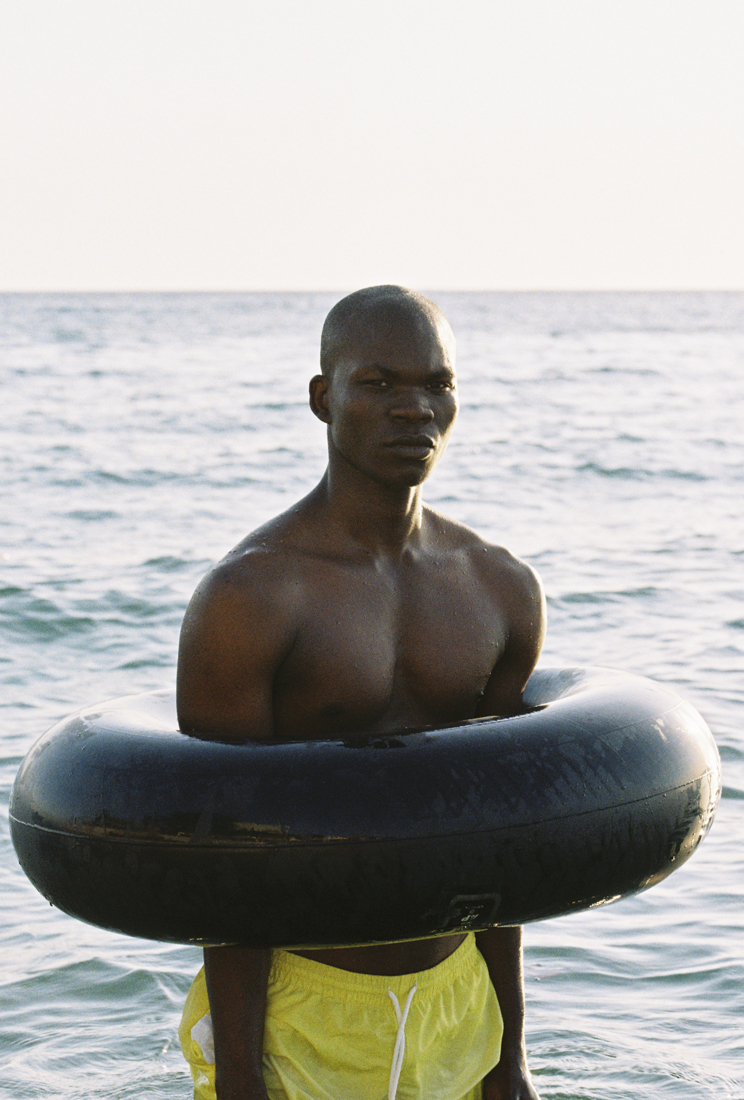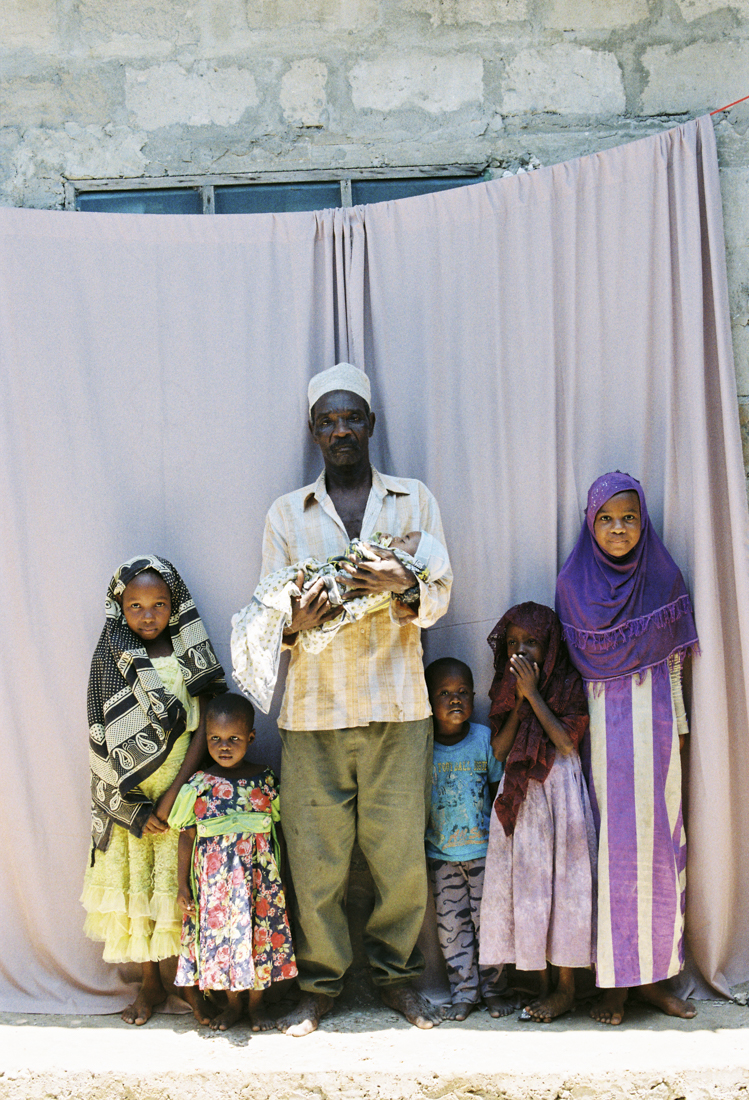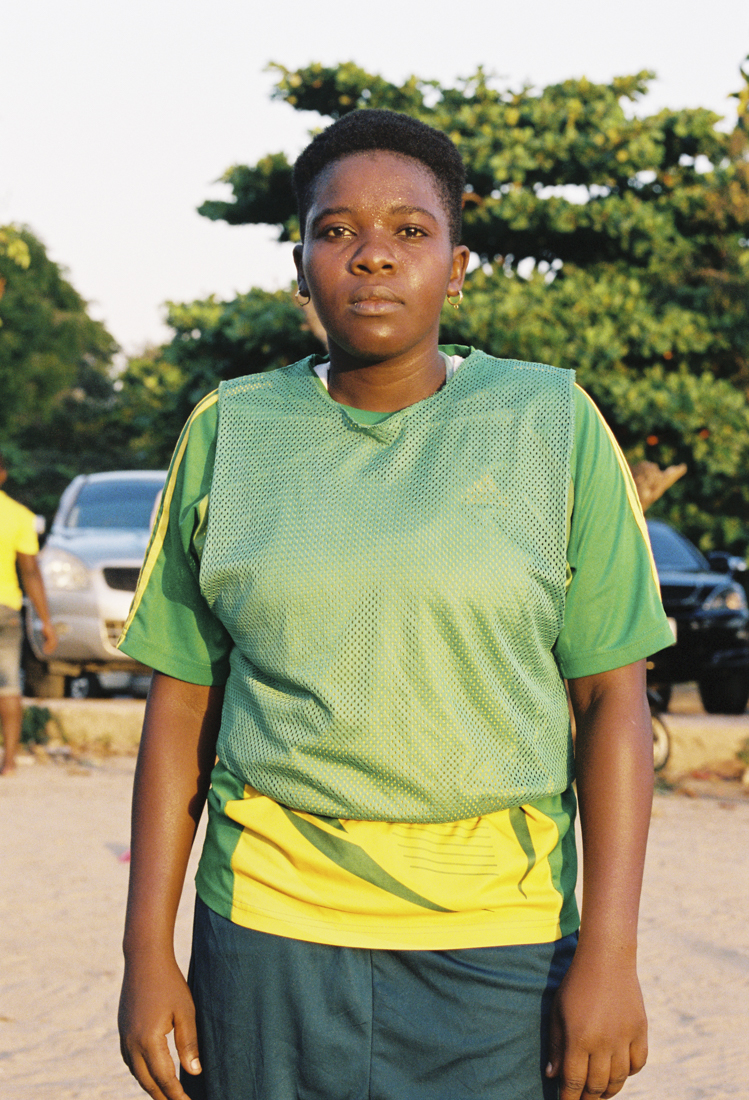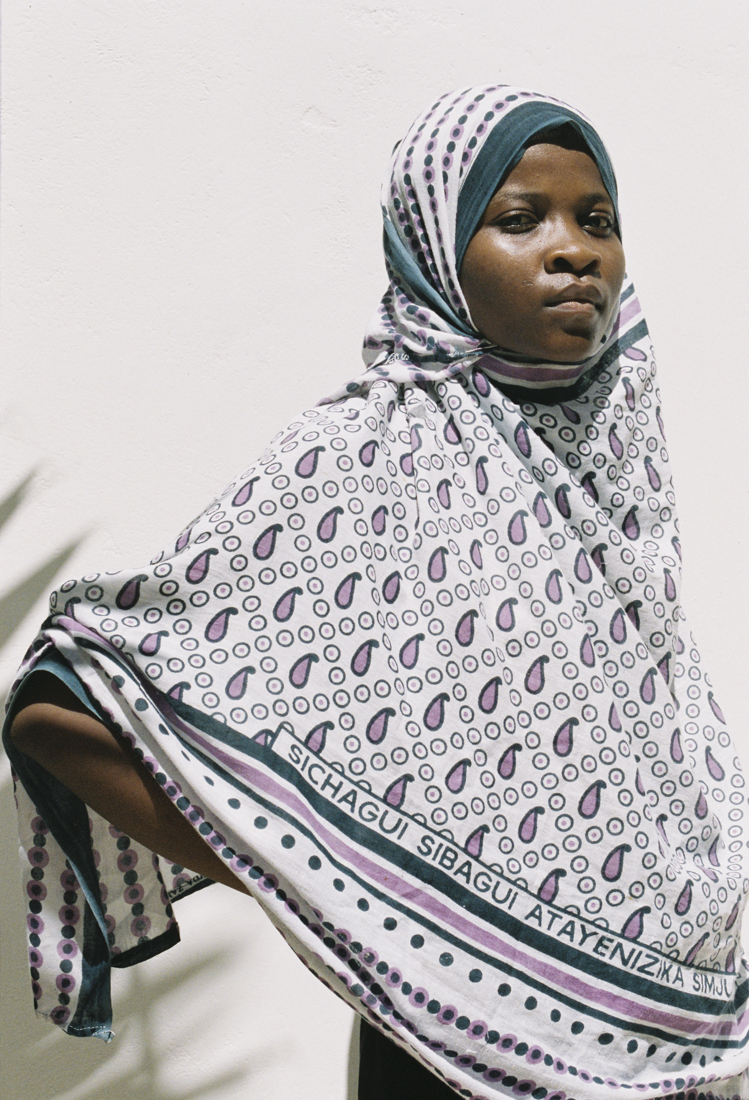honorable mention
Mirjam Wählen germany
title
Sehnsucht Sansibar
the longing to exist in a reality other than one’s own.
Places described as Sehnsuchtsorte are usually real – like Zanzibar.
There are many reasons why Germans connect the name of an island on the eastern
coast of Africa with such grand expectations. Most immediately, the tourism industry markets Zanzibar as a tropical paradise.
While Zanzibar itself never fell under German administration, it was a site of overlapping imperial encounters, serving as a centre of the slave trade under Arabic rule before becoming a British protectorate in the nineteenth century. After the 1963 dissolution of its protectorate status, Zanzibar became part of the newly-formed postcolonial nation of
Tanzania. For decades, Tanzania was one of the poorest countries in the world; while conditions have improved since the 1980s, it is still economically fragile.
The German fantasy of Zanzibar as Sehnsuchtsort, then, exists in perpetual tension with the historical reality of Zanzibar as a product of unequal and often exploitative global developmental trends. The photographer Mirjam Wählen was well aware of this tension when she traveled to Zanzibar and approached Zanzibari culture with curiosity and respect, refusing the typical German Sehnsucht that has transformed Zanzibar into an imaginary utopia while robbing it of its history.
When Europeans go on holiday, they often seek some kind of paradise, a blue sea with sandy beaches, experiences of abundance available at prices unimaginable at home.
Ironically, for some Africans, it is Europe that acts as a Sehnsuchtsort: promises of a better life in Europe drive dangerous migrations, leading some to death in the Mediterranean and others to an uncertain future in poorly-maintained camps or a state of legal limbo.
Zanzibar, 2018
All photos were shot on 35 mm Kodak film.
produce both personal and commercial work. She was educated in analog photography
at Lette Academy Berlin, but she’s also familiar with digital equipment. In her photography
she is always trying to get to the core. Her passion belongs to film. Mirjam loves to tell
stories in a documentary style and enjoys to work with daylight. Her sensitive approach
leads to intimate portraits as she understands the act of photography as a reciprocal
value. Mirjam travelled the world, her upbringing in the border triangle of Germany,
Belgium and Holland might have helped her to develop a consciousness and admiration
of diversity.
back to gallery
entry description
Sehnsucht is a term that came into use during the German romantic period; it describesthe longing to exist in a reality other than one’s own.
Places described as Sehnsuchtsorte are usually real – like Zanzibar.
There are many reasons why Germans connect the name of an island on the eastern
coast of Africa with such grand expectations. Most immediately, the tourism industry markets Zanzibar as a tropical paradise.
While Zanzibar itself never fell under German administration, it was a site of overlapping imperial encounters, serving as a centre of the slave trade under Arabic rule before becoming a British protectorate in the nineteenth century. After the 1963 dissolution of its protectorate status, Zanzibar became part of the newly-formed postcolonial nation of
Tanzania. For decades, Tanzania was one of the poorest countries in the world; while conditions have improved since the 1980s, it is still economically fragile.
The German fantasy of Zanzibar as Sehnsuchtsort, then, exists in perpetual tension with the historical reality of Zanzibar as a product of unequal and often exploitative global developmental trends. The photographer Mirjam Wählen was well aware of this tension when she traveled to Zanzibar and approached Zanzibari culture with curiosity and respect, refusing the typical German Sehnsucht that has transformed Zanzibar into an imaginary utopia while robbing it of its history.
When Europeans go on holiday, they often seek some kind of paradise, a blue sea with sandy beaches, experiences of abundance available at prices unimaginable at home.
Ironically, for some Africans, it is Europe that acts as a Sehnsuchtsort: promises of a better life in Europe drive dangerous migrations, leading some to death in the Mediterranean and others to an uncertain future in poorly-maintained camps or a state of legal limbo.
Zanzibar, 2018
All photos were shot on 35 mm Kodak film.
about the photographer
Mirjam Wählen is a german born, Berlin based photographer who works internationally toproduce both personal and commercial work. She was educated in analog photography
at Lette Academy Berlin, but she’s also familiar with digital equipment. In her photography
she is always trying to get to the core. Her passion belongs to film. Mirjam loves to tell
stories in a documentary style and enjoys to work with daylight. Her sensitive approach
leads to intimate portraits as she understands the act of photography as a reciprocal
value. Mirjam travelled the world, her upbringing in the border triangle of Germany,
Belgium and Holland might have helped her to develop a consciousness and admiration
of diversity.
back to gallery

